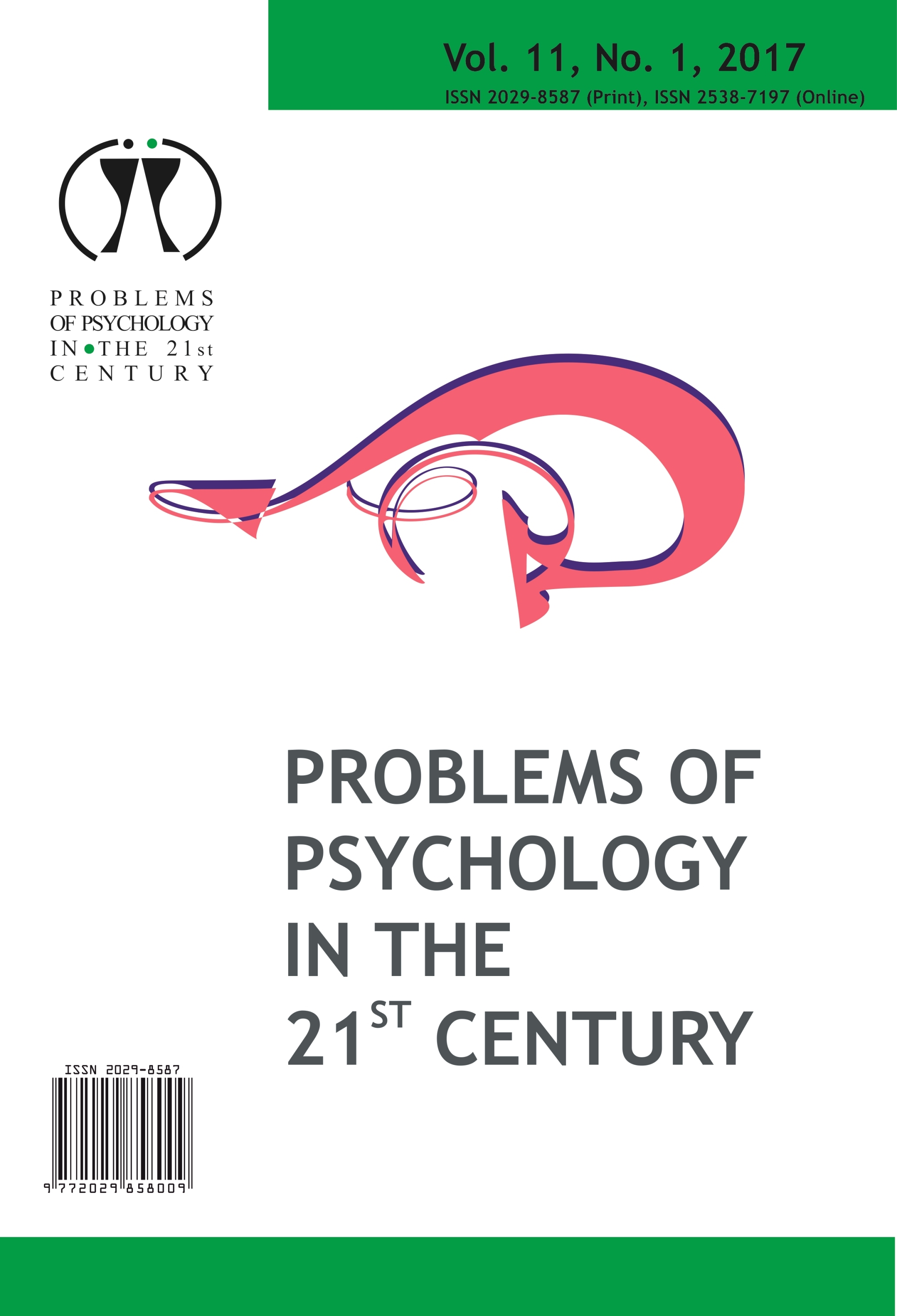IMPROVING POSITIVE AFFECT BASED ON SELF-COMPASSION THROUGH LIFE GOALS EXPRESSIVE WRITING: BASIS FOR AN EGO IDENTITY DEVELOPMENT AMONG STUDENTS
IMPROVING POSITIVE AFFECT BASED ON SELF-COMPASSION THROUGH LIFE GOALS EXPRESSIVE WRITING: BASIS FOR AN EGO IDENTITY DEVELOPMENT AMONG STUDENTS
Author(s): Dennis Relojo-Howell, Rona dela RosaSubject(s): Psychology, Individual Psychology, Sociology of Education
Published by: Scientia Socialis, UAB
Keywords: expressive writing; positive affect; self-compassion;
Summary/Abstract: The act of written emotional disclosure has been widely studied for the past several decades. Yet, in spite of this, there are limited studies which examine the interplay of expressive writing, self-compassion and positive affect, along with its potential to augment ego identity among students. Using repeated measures experimental design, the present research explored the efficacy of expressive writing in improving levels of positive affect among university students ageing 18-25 (M = 19.23; SD = 1.21). Participants were tested in groups and wrote either about life goals (n = 46), positive experiences (n = 49) or a control topic (n = 46). Two separate three-way ANOVA were carried out to investigate whether writing about life goals has an impact on the students’ positive affect. It further examined how students could benefit according to their self-compassion levels. Regardless of the form of expressive writing, students did not significantly differ on the levels of positive affect. The results of this study are aimed at designing intervention for students to help them develop their ego identity. Future studies employing randomised, controlled designs are warranted.
Journal: Problems of Psychology in the 21st Century
- Issue Year: 11/2017
- Issue No: 1
- Page Range: 51-58
- Page Count: 8
- Language: English

